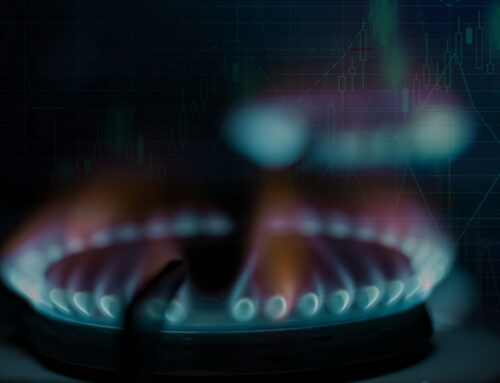Within days of my post last week where I speculated on the future of smaller energy suppliers, another of them ceased trading. Future Energy, a Tyneside-based supplier with 12,000 customers announced on Thursday that it was closing, citing the sort of procurement and hedging difficulties I referred to in my post.
“The Board of Directors has reached the difficult decision to close the company. We have been unable to convert sufficient customers to enable us to forward purchase energy at the most competitive rates. The marketplace is difficult for challenger energy suppliers, which lack the financial advantages of larger, national energy firms. We have tried but not succeeded and we regret the resulting loss of 19 jobs.”
– David Stroud, CEO Future Energy
Robert Buckley, research director at consultancy firm Cornwall Insight, cautioned against reading too much into the closure telling Utility Week that the circumstances of the closure are still unclear:
“We don’t know the circumstances behind the supplier, what caused it to fail and it’s a very particular company with a very particular business.”
However, he went on to suggest that further consolidation in the retail sector is likely given high levels of customer churn in some market segments, particularly the “price-sensitive online fixed market”.
What went wrong?
The company’s website is no longer active, so it’s difficult to determine what the specific business model of Future Energy was. Their LinkedIn page is still available, and explains that Future Energy acquired its supply license in April 2015, and was set up to support families in the North East following extensive consultations with local communities, helping them to save money on their gas and electricity bills.
Looking through the articles it posted, the company claims to have had the cheapest tariffs in the UK in the second half of 2016 and possibly beyond, and its standard variable tariffs were at times cheaper than its annual fixed-term contracts. In addition to its commitment to low prices, the company believed in helping its customers to reduce consumption through the use of technology, and participated in a trial of heat pumps.
The company appears to have had a strong community-focus, establishing a foundation which provided funds to clubs and community groups if their members switched to Future Energy.
This reads as if cash was being invested outside the business at a very early stage of its development, and the latest available financial statements indicate that at the end of June 2016 the company had no cash, after having over £300,000 in the bank at the end of the previous accounting year.
The Times reported that shareholders were asked to invest more money late last year after it struggled to meet its growth targets and buy power in the wholesale markets. In fact, there were three investment rounds during 2017 according to filings at Companies House. In total, the company raised £1.9 million from around 40 investors during its 3-year life.
Putting these pieces together, it looks as if there were some elements of Future Energy’s business model that were a-typical, but fundamentally, this seems to have been a low-cost play. Small suppliers competing primarily on price find themselves in a race to gain customers – without a critical level of volumes, they struggle to buy the volume profiles they need in the wholesale markets. GB Energy failed in late 2016 for exactly this reason.
Unfortunately, the customers that switch to new entrants are highly mobile and will quickly switch away if a better deal is available elsewhere (unless there is something truly amazing about the overall customer experience), making them difficult to retain.
Whatever the details of this specific case, it seems unlikely that Future Energy will be the last small supplier to fail, particularly among the lowest cost competitors. As Ofgem looks for a supplier of last resort to step in an take on the company’s customers, further consolidation is to be expected…it’s just a matter of time…






Leave A Comment